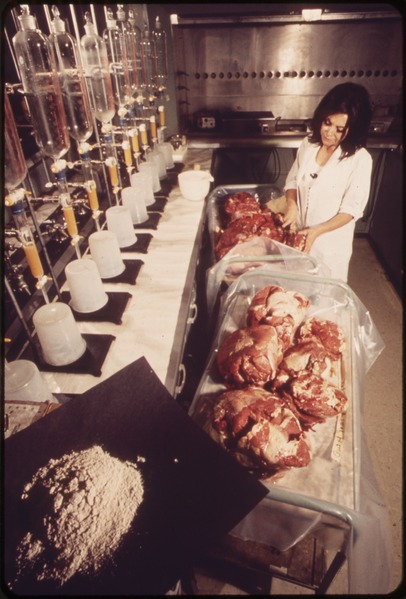What’s most maddening about the Islamic State is that if the rest of the world decided it was not going to allow this atrocious behavior, the group could be put down quite readily. But, of course, that’s not how global politics works, it’s a more fractious and complicated thing, and sometimes that can be galling.
While I’m no longer shocked by the brutal murders committed by these deviants, they still hit me harder than the trashing of antiquities, though that’s another horror. In a Guardian article, Julian Baggini argues that if you inversely feel more outraged about the ISIS assaults on dead cities than living humans, you’re not necessarily being inhumane. An excerpt:
Caring about how people live also means caring about those aspects of human culture that speak to more than our needs for food, shelter and good health. It involves recognising that there are human achievements that transcend our own lives and our own generations. We come and go, but we are survived by the fruits of our peers and those who came before us. There is a humility in seeing, as Rick did in Casablanca, that the problems of a few “little people don’t amount to a hill of beans in this crazy world”.
When Isis destroys ancient sites it is not just attacking buildings, it is attacking the values their preservation represents, such as a recognition of the plurality of cultures that precede and surround us, as well as a respect for the achievements of past generations and a sense that we are custodians for the generations to follow. The destruction of the Temple of Baal Shamin is a brutally shocking sign that this is an organisation that has no respect for the diverse history and culture of civilisation but seeks instead to erase everything except what it holds dear. It shows that even when Isis does not kill, it doesn’t let people live as they legitimately desire to do, which is a particular kind of terror of its own.
The destruction of people and places might appear to be quite different, but the distinction is not as neat as it first seems.•


